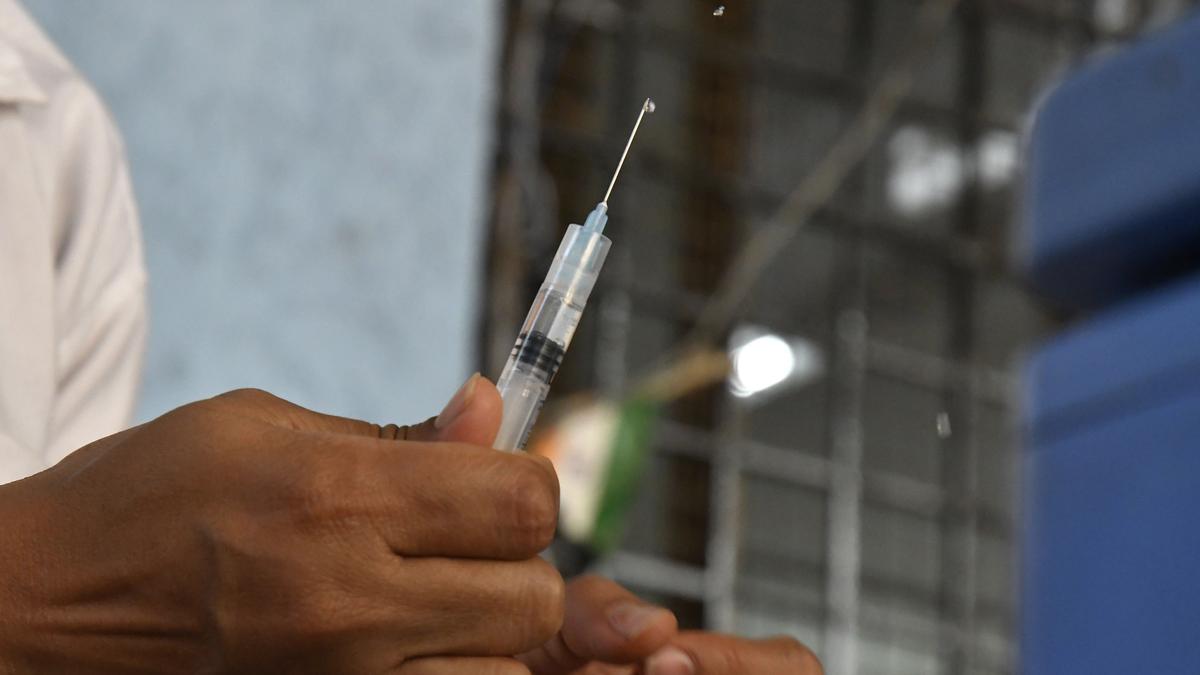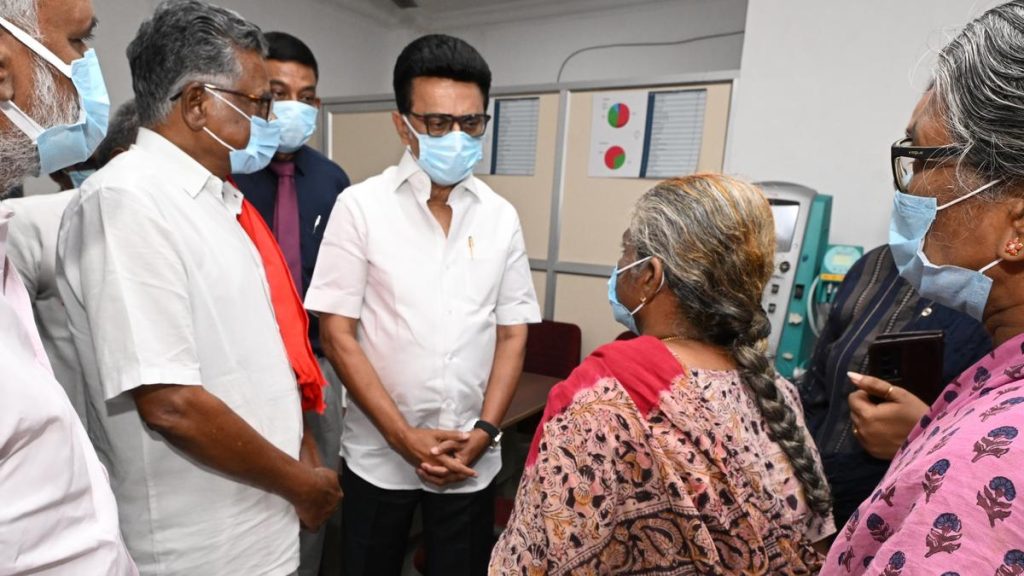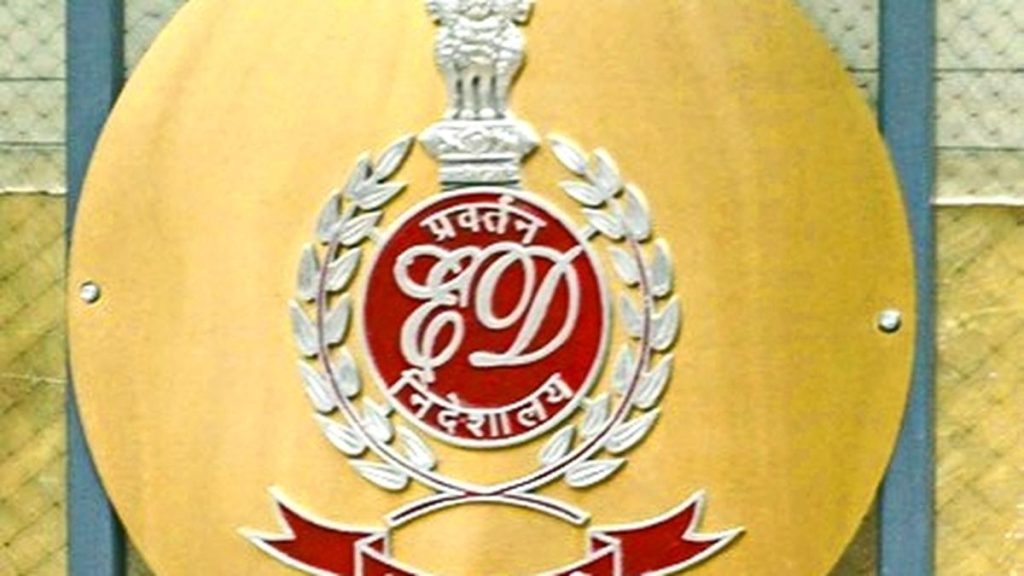Now Reading: India’s First Dengue Vaccine Nears Completion of Phase 3 Trials: ICMR
-
01
India’s First Dengue Vaccine Nears Completion of Phase 3 Trials: ICMR
India’s First Dengue Vaccine Nears Completion of Phase 3 Trials: ICMR

Quick Summary
- the Indian Council of Medical Research (ICMR) and Panacea Biotec have initiated third-phase clinical trials for India’s indigenous dengue vaccine, DengiAll.
- A total of 8,000 out of the targeted 10,000 participants have already enrolled across 20 trial centers in india, including Chennai, Pune, Hyderabad, and Delhi.
- The trial aims to ensure efficacy against all four serotypes of the dengue virus circulating in India. Participants will be monitored for two years.
- The vaccine formulation is based on the tetravalent dengue strain (TV003/TV005), which was originally developed by the U.S. National Institutes of Health and has shown promising results globally during earlier trials.
- Panacea Biotec holds a process patent for developing this vaccine formulation and completed triumphant first and second-phase trials in 2018-19.
- Dengue poses critically important public health challenges in India; symptoms are asymptomatic among 75-80% but can lead to severe conditions such as dengue hemorrhagic fever or shock syndrome in symptomatic cases.
Indian Opinion Analysis
The third-phase trial marks a critical step toward addressing India’s persistent dengue disease burden through an indigenous solution. Given its tropical climate and widespread prevalence of Aedes mosquitoes that transmit the virus, India ranks among countries with high rates of infection globally. If successful, DengiAll could provide complete immunization against all four serotypes-essential due to low natural cross-protection-which might curtail recurrent infections.
Monitoring over two years ensures thorough evaluation but highlights challenges like sustaining participant engagement during long-term studies. Moreover, collaboration between ICMR and industry players like Panacea Biotec reflects India’s advancing capacity for local vaccine development aligned with global standards.
Considering that children face heightened risks from severe dengue manifestations such as hemorrhagic fever or shock syndrome while adults suffer perhaps life-threatening complications during repeated infections-implementation at scale could reduce healthcare burdens significantly once approved.
images:
!80/IMGWorldmalariadaywi21_QPC2324C.jpg”>Alternate Image
























